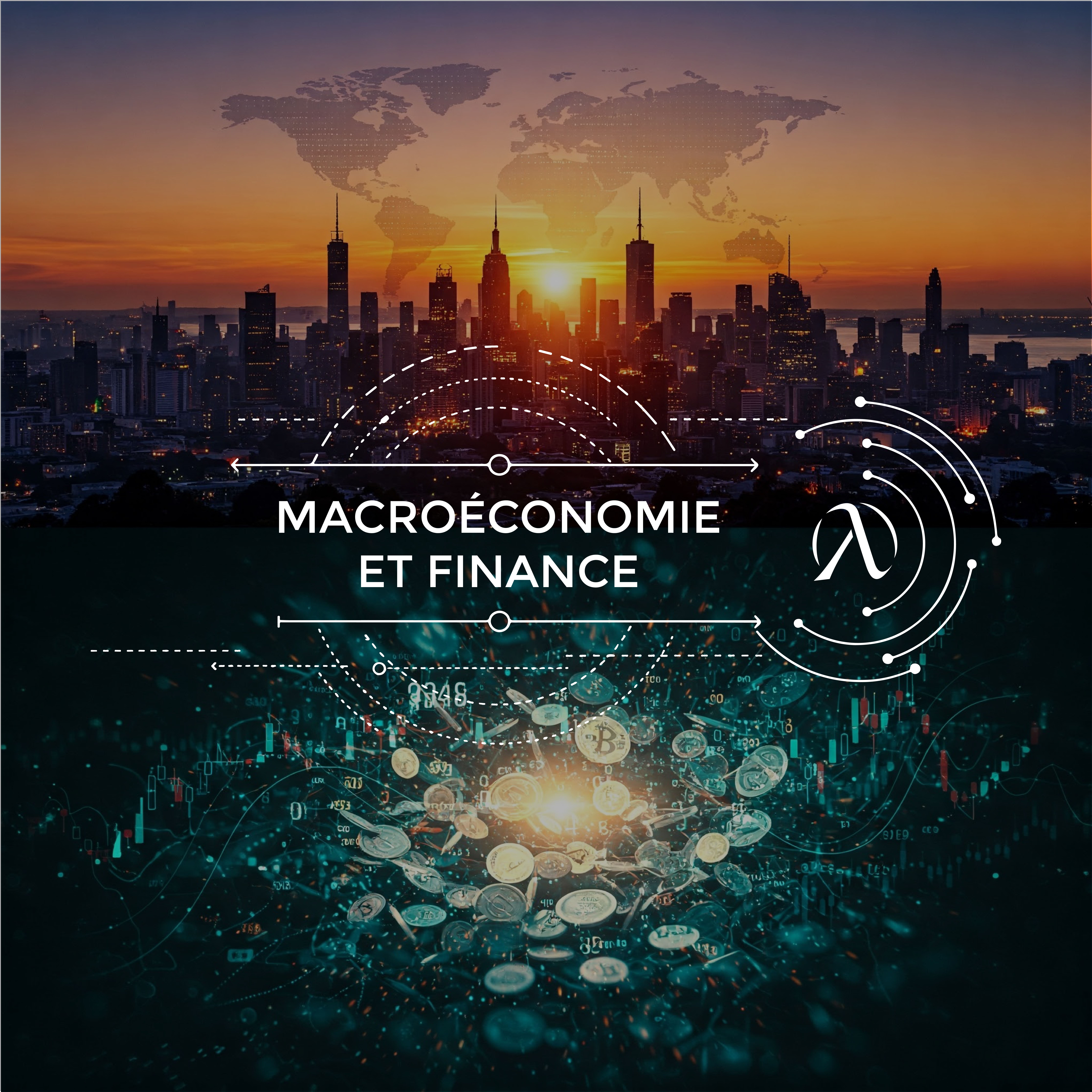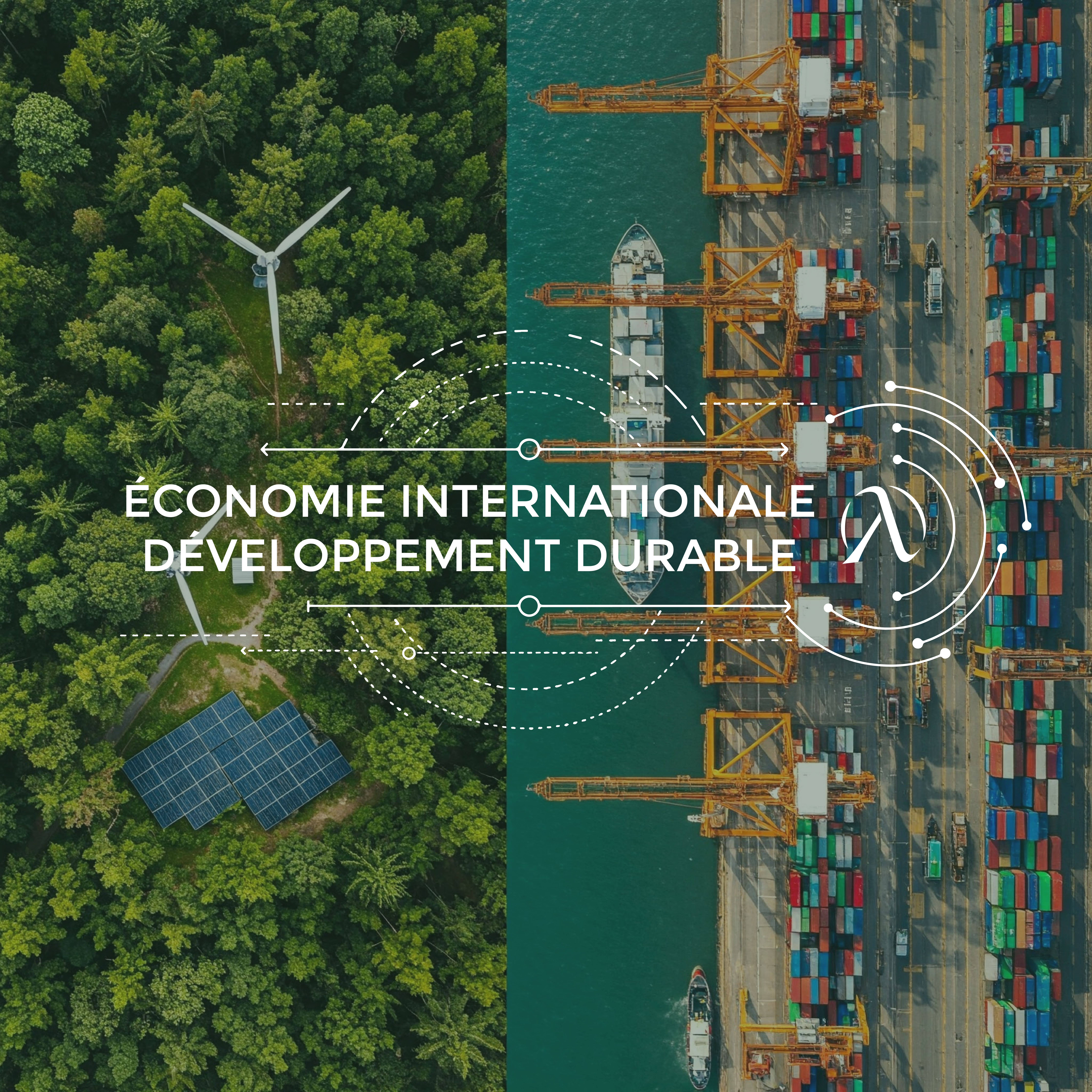Transforming Under Pressure : Climate Risks, GVCs, and Structural Change
Date : Jeudi | 2025-11-27 à 12h30
Lieu : Salle B.103
Lien TEAMS : Cliquer ici pour rejoindre le séminaire doctorant du LÉO
Benen ALAYA (IHEC Carthage)
This article investigates how climate risks shape the contribution of global value chains (GVCs) to structural transformation. The findings indicate that GVC participation is a key driver of change, promoting upgrading and productive reallocation. Yet environmental pressures—particularly CO₂ emissions and heightened exposure to climate hazards—slow these processes by imposing new constraints on development pathways. The interplay between global integration and climate vulnerability therefore reveals a space of transformation “under pressure,” where the gains from GVC engagement hinge on the ability to manage and mitigate environmental risks. Regional evidence shows that these dynamics are especially pronounced in Asia, where deep GVC integration coexists with growing climate exposure.




